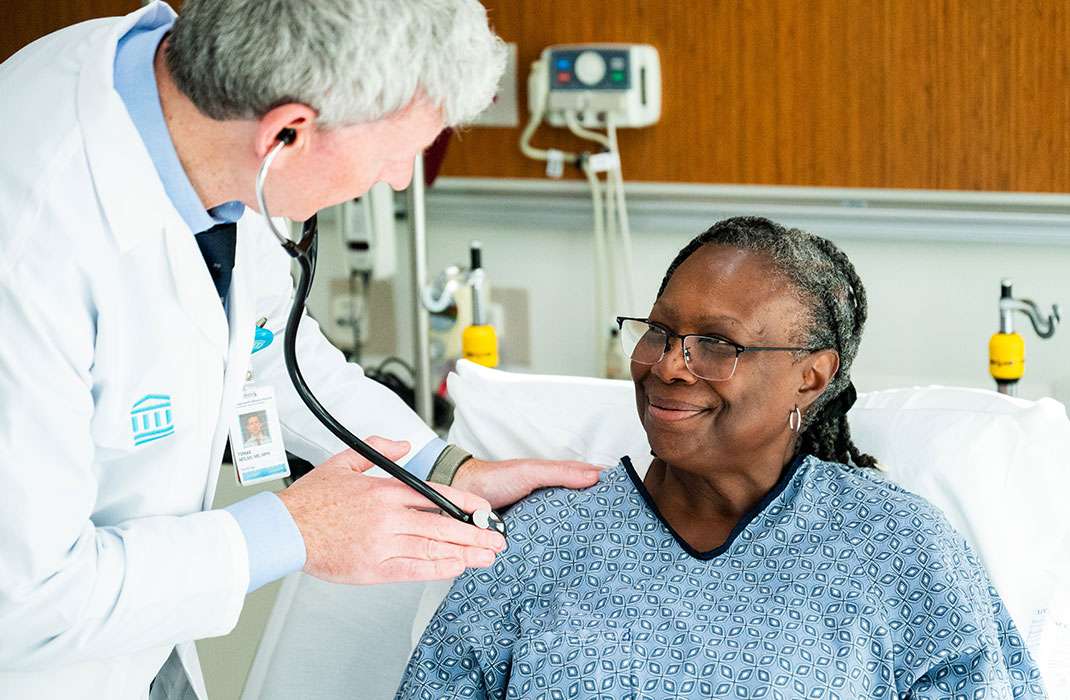-
- Find Care
-
- Visitor Information
- Find a Location
- Shuttles
- Visitor Policies
-
-
- Our Virtual Care Options
- Virtual Urgent Care
- Virtual Visits for Primary & Specialty Care
- Online Second Opinions
- Participate in Research
-
- Contact us
-
- For Innovators
- Commercialization Guide for Innovators
-
-
- Research News
- Alzheimer's Disease
- Artificial Intelligence
-
- Overview
-
- Overview
- Getting Started
- New to Mass General Brigham
- International Patient Services
- What Is Patient Gateway?
- Planning Your Visit
- Find a Doctor (opens link in new tab)
- Appointments
- Patient Resources
- Health & Wellness
- Flu, COVID-19, & RSV
- Billing & Insurance
- Financial Assistance
- Medicare and MassHealth ACOs
- Participate in Research
- Educational Resources
- Visitor Information
- Find a Location
- Shuttles
- Visitor Policies
- Find Care
-
- Overview
- Our Virtual Care Options
- Virtual Urgent Care
- Virtual Visits for Primary & Specialty Care
- Online Second Opinions
-
- Overview
- Participate in Research
-
- Overview
- About Innovation
- About
- Team
- News
- For Industry
- Venture Capital and Investments
- World Medical Innovation Forum (opens link in new tab)
- Featured Licensing Opportunities
- For Innovators
- Commercialization Guide for Innovators
- Contact us
-
- Overview
- Information for Researchers
- Compliance Office
- Research Cores
- Clinical Trials
- Advisory Services
- Featured Research
- Two Centuries of Breakthroughs
- Advances in Motion (opens link in new tab)
- Brigham on a Mission (opens link in new tab)
- Gene and Cell Therapy Institute
- Research News
- Alzheimer's Disease
- Artificial Intelligence
-
- Overview
-
- Overview
- Residency & fellowship programs
- Brigham and Women's Hospital
- Massachusetts General Hospital
- Mass Eye and Ear
- Newton-Wellesley Hospital
- Salem Hospital
- Integrated Mass General Brigham Programs
- Centers of Expertise
- Global & Community Health
- Health Policy & Management
- Healthcare Quality & Patient Safey
- Medical Education
- For trainees
- Prospective trainees
- Incoming trainees
- Current trainees
- Continuing Professional Development
Living with Arrhythmia

Have you ever felt your heart flutter or skip a beat? It’s normal every once in a while. If it happens frequently and regularly, you may have a cardiac arrhythmia. An arrhythmia is an abnormal heartbeat, where the heart may beat too fast, too slow, or in an irregular pattern.
“Some cardiac arrhythmias are harmless, while others can be deadly,” explains William Sauer, MD, a Mass General Brigham cardiac electrophysiologist. Dr. Sauer cares for patients with arrhythmias at Brigham and Women’s Hospital.
If you’re diagnosed with a cardiac arrhythmia, you may be wondering how your life will change. While arrhythmias can be serious conditions that can affect your health, there are also treatments available to help. By following a treatment plan and making heart healthy lifestyle changes, you can learn how to live with a cardiac arrhythmia.
Arrhythmia treatment plans
When you’re diagnosed with an arrhythmia, your cardiologist will develop a treatment plan. If necessary, they’ll coordinate care with the other members of your health care team as part of a multidisciplinary approach. It’s important to follow this treatment plan carefully to prevent serious health problems in the future. For example, atrial fibrillation, or Afib, can cause stroke or heart failure.
“Your treatment will depend on the type of arrhythmia you have,” says Dr. Sauer.
Your treatment plan may include:
- Medications to control your heartbeat and prevent blood clots
- Interventional procedures like a cardioversion or catheter ablation, which help restore a normal heart rhythm
- Implantable devices like a pacemaker or a cardiac defibrillator (ICD), which can correct irregular heartbeats or deliver an electric shock to prevent fatal arrhythmias
- Treating other heart conditions that can contribute to arrhythmias, like coronary artery disease or heart valve disease
- Managing other chronic health conditions like high blood pressure (hypertension), diabetes, cancer, lung disease like COPD, or kidney disease
Healthy lifestyle choices to manage cardiac arrhythmias
“Certain lifestyle changes, such as improved sleep habits, limiting caffeine and alcohol, and maintaining a healthy body weight have all been shown to reduce arrhythmia burden,” says Dr. Sauer.
Your cardiologist or primary care physician (PCP) can help make suggestions based on your family health history, personal priorities, and lifestyle habits. They may recommend you:
- Get regular exercise. Exercise like strength training or even walking can help strengthen your heart and improve how it functions. Ask your care team if there are any exercises that could trigger your arrhythmia and that you should avoid.
- Eat a balanced diet. Avoid foods with high cholesterol, and add plenty of whole grains and lean protein. Your doctor may also recommend limiting caffeine.
- Aim for a healthy weight. Extra weight can put a strain on the heart. Weight loss medications may be an option if lifestyle changes alone aren’t having an effect.
- Limit the amount of alcohol you drink.
- Focus on getting enough sleep. Sleep and heart health are closely linked, and adults should try to get 7 to 9 hours of sleep a night.
- Quit smoking. Smoking is a major cause of heart disease.
Following a heart health guide can help get your health on track.
Arrhythmias and mental health
Your mental health can affect your heart. In extreme cases, uncontrolled stress or emotional events can even cause heart attack symptoms. This condition is called broken heart syndrome, or Takotsubo cardiomyopathy.
Talk to your PCP or other members of your care team if you need help managing stress, or are experiencing anxiety or depression. They may recommend you:
- Speak with a counselor or medical health care provider.
- Take medications for anxiety or depression.
- Try meditation.
- Join a heart patient support group.
- Speak with family and friends to get support.
 Treatment for arrhythmias includes managing stress
Treatment for arrhythmias includes managing stress
Know when to seek further help or emergency care for arrhythmias.
“Most cardiac arrhythmias are benign, but some require immediate attention and potentially a trip to the emergency room,” Dr. Sauer says.
Call your doctor if you notice the following symptoms:
- A racing, fluttering, or pounding heart
- Dizziness or lightheadedness
- Sweating
- Anxiety
Trust your instincts and call 9-1-1 if you think you may be having a heart attack or medical emergency like a stroke. Signs and symptoms may include:
- Chest pain, tightness, or pressure
- Pain or pressure in the neck, shoulder, arm, or back
- Worsening shortness of breath
- Weakness or dizziness
- Nausea or abdominal pain and cramping (for women)
- Sweating
For stroke, remember the acronym FAST:
- Facial drooping
- Arms weakness
- Speech difficulties
- Time to call 9-1-1
What questions should I ask my doctor about cardiac arrhythmias?
If you have questions about your arrhythmia condition, bring a list of questions with you to your next doctor’s appointment. Having the questions written down means it’s less likely you’ll forget to ask something that’s important to you.
Questions you might consider asking your provider about arrhythmias:
- What’s causing my arrhythmia?
- How often will I need to have appointments to manage my arrhythmia?
- Does arrhythmia put me at a greater risk for heart attack? If so, what can I do to prevent one from happening?
- What symptoms should I be concerned about? When should I seek emergency medical attention for arrhythmia symptoms?
- What medications can help control my arrhythmia? What are their potential side effects?
- Are there any over-the-counter medications that might interact with my prescriptions?
- Are there any activities or exercises that I should avoid?
- Are there any community resources or patient support groups I can join?
Managing an arrhythmia requires working closely with your care team and following the treatment plan they provide. Be sure to take all prescribed medications and notify your doctor if you notice worsening symptoms. By following their recommendations and making any recommended lifestyle changes, you can prevent your arrhythmia from getting worse or causing serious complications.

Contributor
Related articles
-

published on
-

published on
-

published on
-

published on
-

published on
-

published on
-

published on
-

published on
-

published on